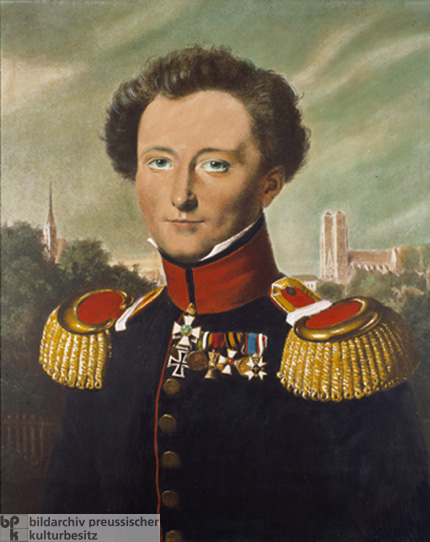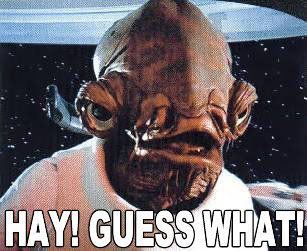
Originally Posted by
67th Tigers

One thing to remember is that the British of 1812 and the Americans of 1863 counted armies differently. The
British only counted bayonets and sabres, and excluded the service, logistic, and ordnance (inc artillery)
troops from these counts, the Americans of 1863 counted everything and the rule of thumb is that around
1/3rd of the troops were detached to the logistics. Below is a rough CS orbat in effectives only (i.e. a
direct comparison to the British)
Lees orbat:
I Corps (Longstreet)
McLaw's Division: ca 4,000 bayonets and 16 guns
Picket's Division: ca 3,500 bayonets and 18 guns
Hood's Division: ca 4,800 bayonets and 19 guns
Walton's Arty Bde: 37 guns
II Corps (Ewell)
Early's Division: ca 3,200 bayonets and 16 guns
Johnson's Division: ca 4,200 bayonets and 16 guns
Rode's Division: ca 4,800 bayonets and 16 guns
Brown's Arty Bde: 31 guns
III Corps (Hill)
Anderson's Division: ca 4,500 bayonets and 17 guns
Heth's Division: ca 4,700 bayonets and ? guns (about 16)
Pender's Division: ca 4,200 bayonets and 15 guns
Walker's Arty Bde: 36 guns
Stuart's Cavalry Division: ca 4,000 sabres and 20 guns
ca 37,900 bayonets, 4,000 sabres and 273 guns
The British Orbat break down as roughly:
Cavalry Division: 4,000 sabres and 6 guns
1st Division: 6,200 bayonets and 6 guns (2 of the 5 brigades are detached as an erasatz division as part of
Beresford's Corps)
3rd Division: 5,800 bayonets and 6 guns
4th Division: 5,200 bayonets and 6 guns
5th Division: 6,700 bayonets and 6 guns
6th Division: 5,500 bayonets and 6 guns
7th Division: 5,100 bayonets and 6 guns
Light Division: 3,500 bayonets and 6 guns
Spanish Division: 3,400 bayonets, 500 sabres and 6 guns
Pack and Bradford's Brigades: 4,500 bayonets
Artillery Reserve: 6 guns (plus the siege train)
44,900 bayonets, 4,000 sabres and 60 guns (the guns are all detached forward)







 Reply With Quote
Reply With Quote



















